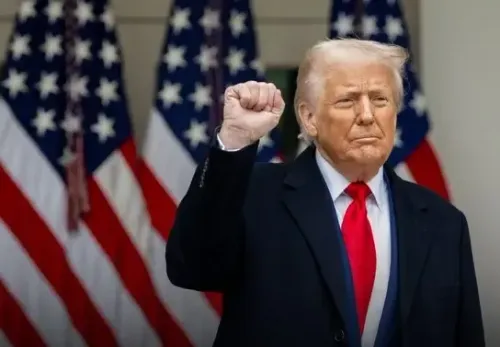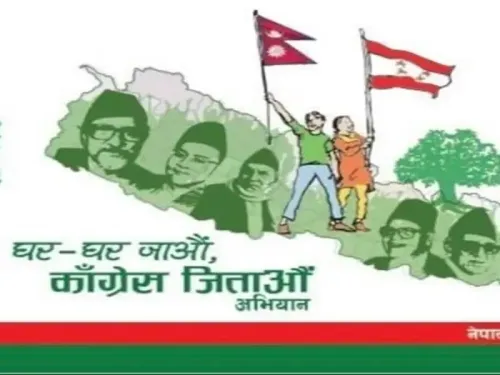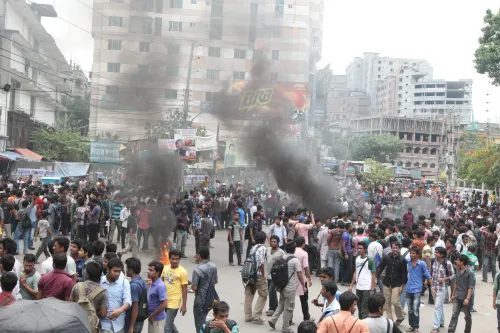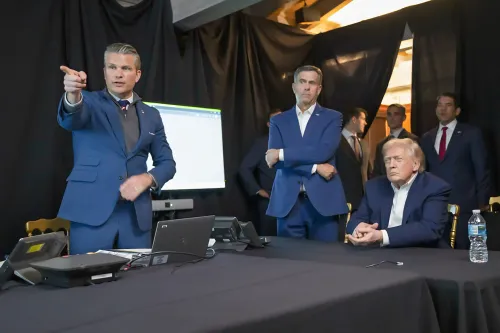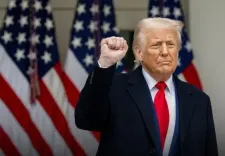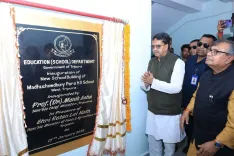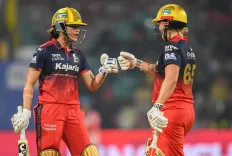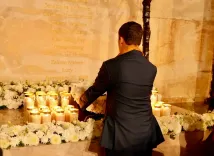Did Trump Really Claim to Have Stopped the War Between India and Pakistan?
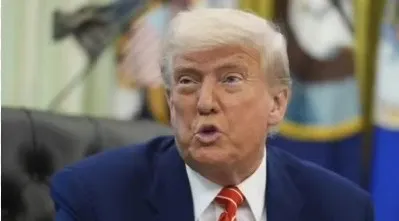
Synopsis
Key Takeaways
- Trump altered his narrative from claiming to have stopped the war to crediting two key leaders.
- India rejects Trump's assertion of US mediation.
- Prime Minister Modi emphasized Pakistan's initiative in the peace talks.
- The military's influence in Pakistan was acknowledged during Trump's meeting.
- Diplomatic complexities between the two nuclear nations continue to be a concern.
Washington, June 19 (NationPress) In just a few hours, US President Donald Trump transformed his narrative regarding the conflict between India and Pakistan. Initially asserting he had 'stopped' the war, he later credited 'two very smart people' for deciding to avoid a potential nuclear escalation, refraining from taking on a mediatory role himself.
During a lunch meeting with visiting Pakistani Army Chief Asim Munir on Wednesday, Trump expressed gratitude towards both him and Prime Minister Narendra Modi for resolving last month’s hostilities.
Trump remarked, 'I'm thrilled that a deal was reached thanks to the efforts of two intelligent individuals and their teams', while not reiterating his earlier claims of 'stopping the war' and instead acknowledging the two nations' roles in achieving the ceasefire.
He stated, 'Two smart people, two very smart people, chose not to proceed with that war that could have led to a nuclear confrontation.'
Referring to the countries involved, he emphasized, 'These are substantial nuclear powers, and they made the decision to halt the conflict.'
This statement came around 3 p.m. during his conversation with reporters at the Oval Office, where he was also meeting members of the Juventus Football Club.
Just hours before, he had confidently stated, 'I stopped the war between Pakistan and India.'
While observing a flagpole installation on the White House lawn around 10 a.m., he repeatedly emphasized, 'I got it stopped.' He expressed disappointment over not receiving acknowledgment for his supposed role in the peace efforts.
India has consistently refuted Trump's claims of US mediation.
During a phone call with Trump on Tuesday night, Prime Minister Modi directly informed him of India's stance, indicating that it was Pakistan that initiated discussions to cease hostilities, according to an official report from the External Affairs Ministry.
Modi asserted, 'India's decisive actions compelled Pakistan to seek an end to military operations.' He also reiterated that India would never accept third-party mediation regarding relations with Pakistan.
Following his lunch with Munir, Trump stated, 'The reason I invited him was to thank him for choosing peace and ending the conflict' between the two nations.
'This individual played a crucial role on the Pakistani side, while PM Modi took charge from the Indian side, along with others.'
In a bid to appear neutral, Trump included, 'And I also want to thank Prime Minister Narendra Modi,' mentioning their recent conversation.
Additionally, Trump noted that he and Munir discussed Iran, a topic he claims to understand 'better than most.'
The Pakistani Embassy in Washington represents Iran's interests in the US, as the two countries lack direct diplomatic relations (Switzerland manages US diplomatic relations in Tehran).
Trump has presented an ambiguous ultimatum to Iran, demanding it 'surrender', without clarifying the implications or outcomes.
Trump attempted to downplay the discrepancies between the US, a staunch ally of Israel, and Pakistan, which openly supports Iran and has condemned Israeli actions against Tehran's nuclear facilities.
'They (Pakistan) are not pleased with anything,' Trump remarked.
'It's not that they have an issue with Israel; they are quite knowledgeable about Iran, perhaps even more so.'
By inviting Munir, Trump acknowledges the military's dominance in Pakistan, where a civilian government is often perceived as subordinate to the military.
During Operation Sindoor, Washington initially engaged with Pakistani Prime Minister Shehbaz Sharif but pivoted to Munir when it recognized where the true power resided.
This invitation highlights that reality, demonstrating that, unlike previous Democratic administrations, Trump is untroubled by engaging with military and authoritarian leaders.


